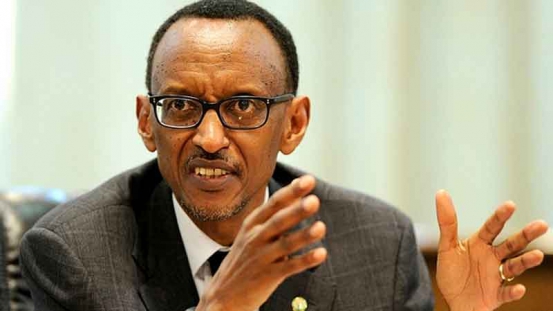×
The Standard e-Paper
Fearless, Trusted News

An article published in the Sunday Standard of October 8, under the headline “Corrupt power that has placed East African region in constant anarchy” by Daud Osman, cannot go unchallenged.
The writer purports to portray Rwanda as a dictatorship and the recent elections that returned President Paul Kagame to another term in office as illegitimate.